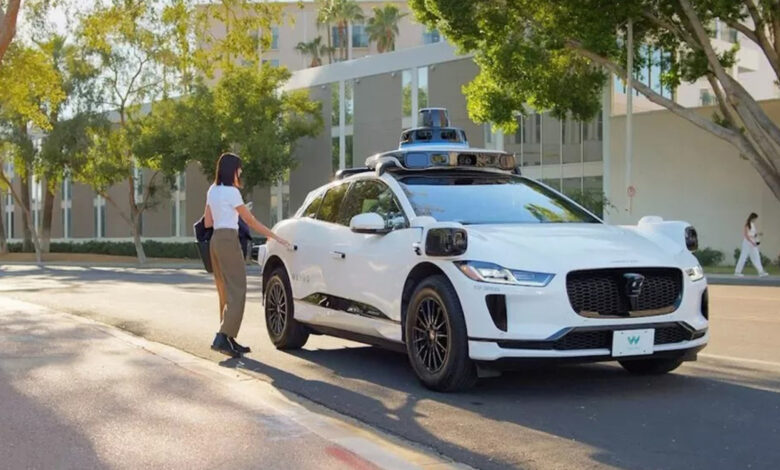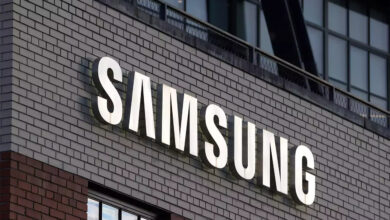
Waymo, the self-driving taxi service provider owned by Alphabet (Google’s parent company), raised $5.6 billion in Series C funding, cementing its position as the leader in the US robotaxi market. According to CNBC, the investment will be used to expand Vimo’s operations outside of current cities such as Los Angeles, San Francisco, and Phoenix, as well as to advance the company’s self-driving technology for use in commercial applications.
According to a statement that Tekedra Mavacana and Dmitry DolgovThe new investment will help grow Waymo One’s service in existing cities and new cities, including Austin and Atlanta through partnerships with Uber, Waymo’s co-CEOs told CNBC. The investment was led by parent company Alphabet, with participation from existing investors including Andreessen Horowitz, Fidelity, Perry Creek, Silver Lake, Tiger Global and T-Roe Price.
The latest investment brings Vimo’s total raised capital to over $11 billion. Previous investments included rounds of $3.2 billion and $2.5 billion. This financial commitment shows Alphabet’s strong belief in Wemo’s capabilities. Ruth PortIn July, Alphabet’s CFO announced a multi-year investment commitment of up to $5 billion in the company.
Waymo is known as the only company offering commercial robotaxi services in several US metropolitan areas. Currently, this service has more than 100,000 trips per week in its operational cities, and users have access to taxis through the Waymo One application. The platform is especially popular among women who are concerned about the safety of traveling with anonymous human drivers, as well as parents who use the service to transport their teenagers.
Although the self-driving car market is still competitive, Waymo has been able to maintain its superiority after the temporary withdrawal of Cruise from the market due to an accident in October 2023. Tesla, the future rival of Waymo, recently announced its intention to launch its driverless taxi service in the states of Texas and California next year; However, the company’s current systems still depend on human drivers.
Waymo continues to innovate through strategic partnerships and recently announced a partnership with Hyundai to add Ionic 5 electric vehicles to its robotaxi fleet. In addition, Waymo is developing a new generation of robotaxis using Zucker Geely vehicles, which will be equipped with customized sensors and artificial intelligence technology.
Waymo plans to expand its testing to more challenging environments, including winter weather conditions in northern California and New York and Michigan. However, public acceptance of robotaxis is still a serious problem. According to a survey by the Pew Research Center, nearly two-thirds of American respondents are not very interested in riding in self-driving cars.









